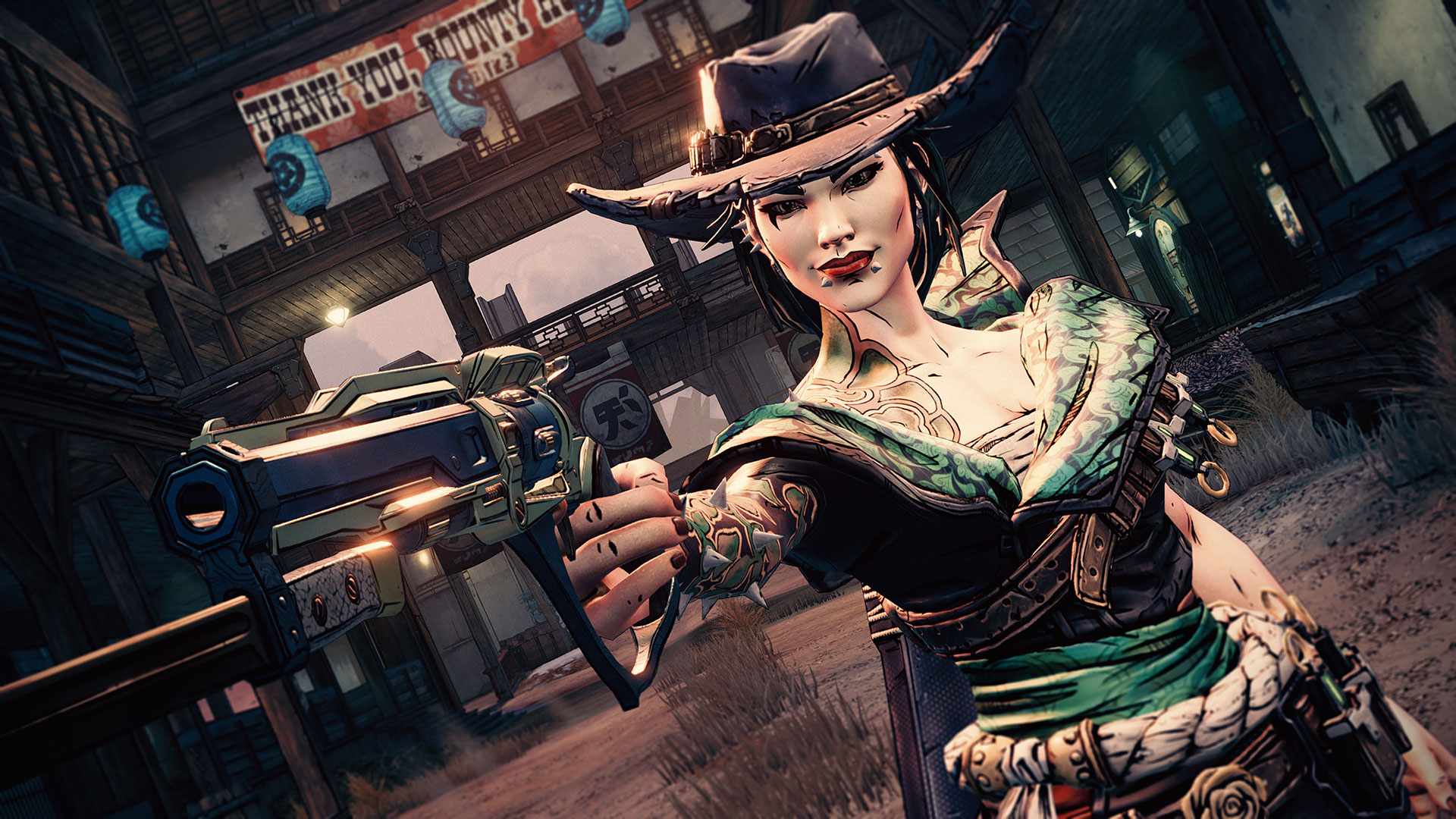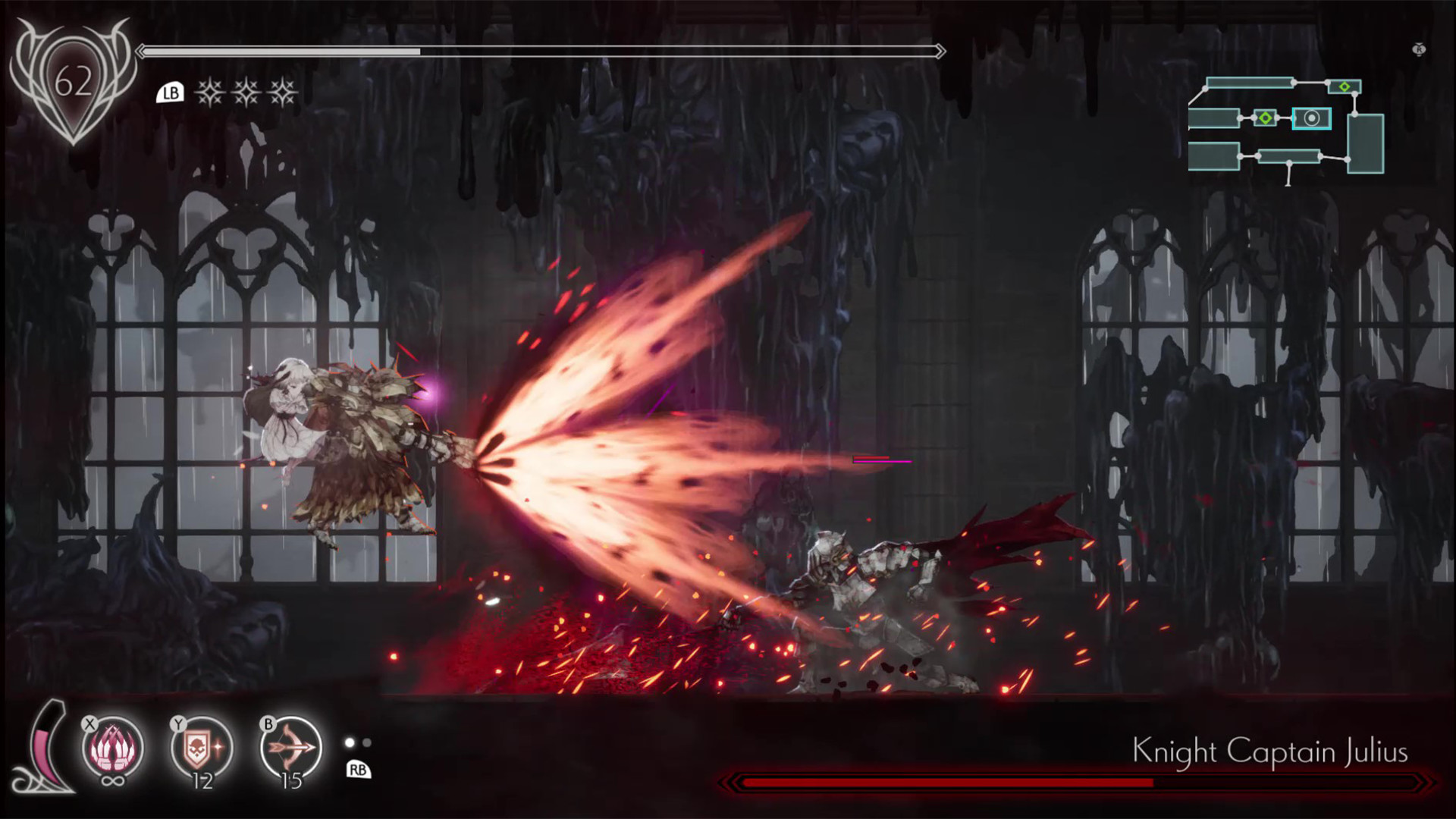
Game: ENDER LILIES: Quietus of the Knights
Platforms: PC, PlayStation 4 (To Be Released), Xbox One, Xbox Series X and Series S, PlayStation 5 (To Be Released)
Genre: Metroidvania
Developer: Live Ware
Publisher: Binary Haze Interactive
Reviewed on Nintendo Switch
Ender Lilies is a Metroidvania type game, which stands out by it’s sombre mood, gorgeous art style and haunting tunes. You play as a young girl called Lily who has the ability to purify blight – a kind of plague that has turned most of the inhabitants of this kingdom into grotesque mindless monsters – infested enemies and turn them into spirits to fight on her behalf. The story of Ender Lilies is told through written dialogue in cutscenes – there’s no voice acting in this game – and documents/lore you gather throughout your journey. While the premise is interesting, I didn’t really piece together the story until I went through all those pieces of Lore I gathered. But it’s really the game’s beautiful artwork that draws you into its world, accompanied by an almost equally beautiful but subdued soundtrack.
As you may expect from a game in this genre, you’ll spend most of your time exploring sectioned off stages while fighting enemies and occasionally a (sub-) boss. The game world is divided into different thematic areas, with difficulty being appropriately raised when you reach a new area. There’s plenty of hidden collectibles and secret exits to be found, so expect a lot of backtracking – I know I did. In fact, I couldn’t resist returning to a previous area when I unlocked a new ability just to see what kind of secrets or pathways I could uncover. Mind you Lily doesn’t really have any direct means of attacks – instead relying on her spirits. Fortunately, she comes equipped with a spirit that gives her a basic melee attack from the start, but you’ll need to beat bosses and sub-bosses to unlock more spirits to equip. In addition, bosses will also net you new abilities which you can use to reach new areas. Abilities range from additional types of melee attacks, like sorts swords or spears, to ranged attacks like arrows or poison. Some abilities even give you defense options or can be used to reach some of the more well-hidden secrets. However, with the exception of a few, most of these have limited use and need to be restocked either by what limited “ammo” you can find or at save points called respites.
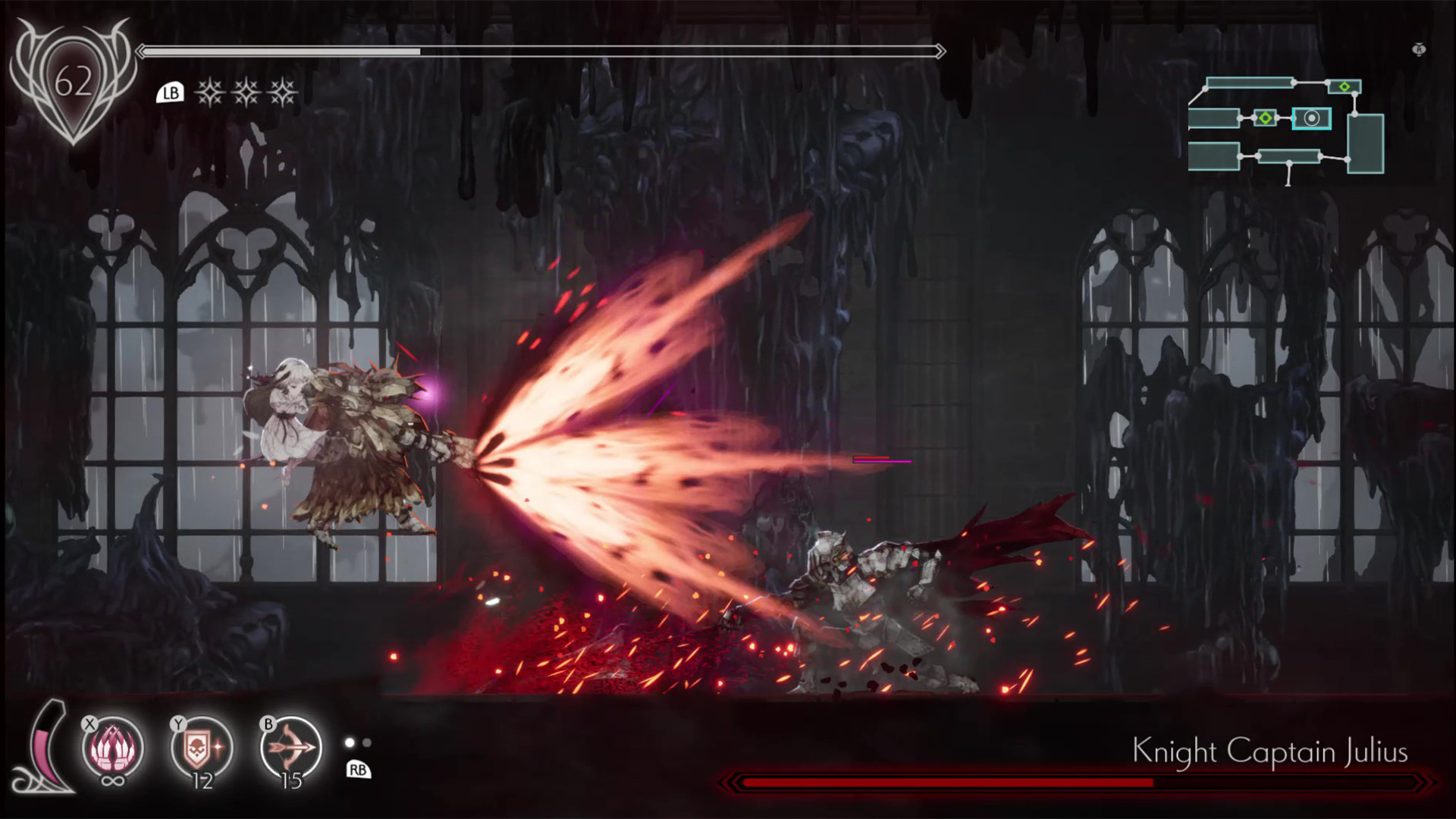
You can set a spirit to one of 3 slots – each corresponding to an action button – and you can switch to a second set on the fly. Though you can only do so in respites, where you can save the game and recover health and spirit use. Doing so will also reset all enemies you have defeated before, except for bosses. Equipable items called relics – which you can find as collectibles scattered across the game world – also need to be equipped at respites. Each relic will cost 1 or more equipment slots – with some exceptions – so you will have to plan ahead on which loadouts will suit upcoming challenges best. Do you go for defense or attack boosts – or will you forgo all of the above and equip a relic that increases XP gains instead? These are the questions you will have to constantly ask yourself. You will be able to upgrade your equipment slots by hunting those collectibles as you progress through the game, but there’s always a certain strategic element to it nonetheless.
Respites also function as fast travel points and you can always retreat to one from any point in the game – something I, unfortunately, realised quite late as it could’ve saved me a lot of time while exploring. While your character will level up by gaining experience from defeating enemies, your spirits need to be upgraded with rare resources at those same respites. While in theory, you can attain small amounts from defeating enemies or hidden in destructible containers, the bulk of those will be found as staches hidden in individual stages. Effectively these resources are limited, so you will also have to think carefully about which spirits to upgrade. Though picking the ones you use the most is generally not a bad idea.
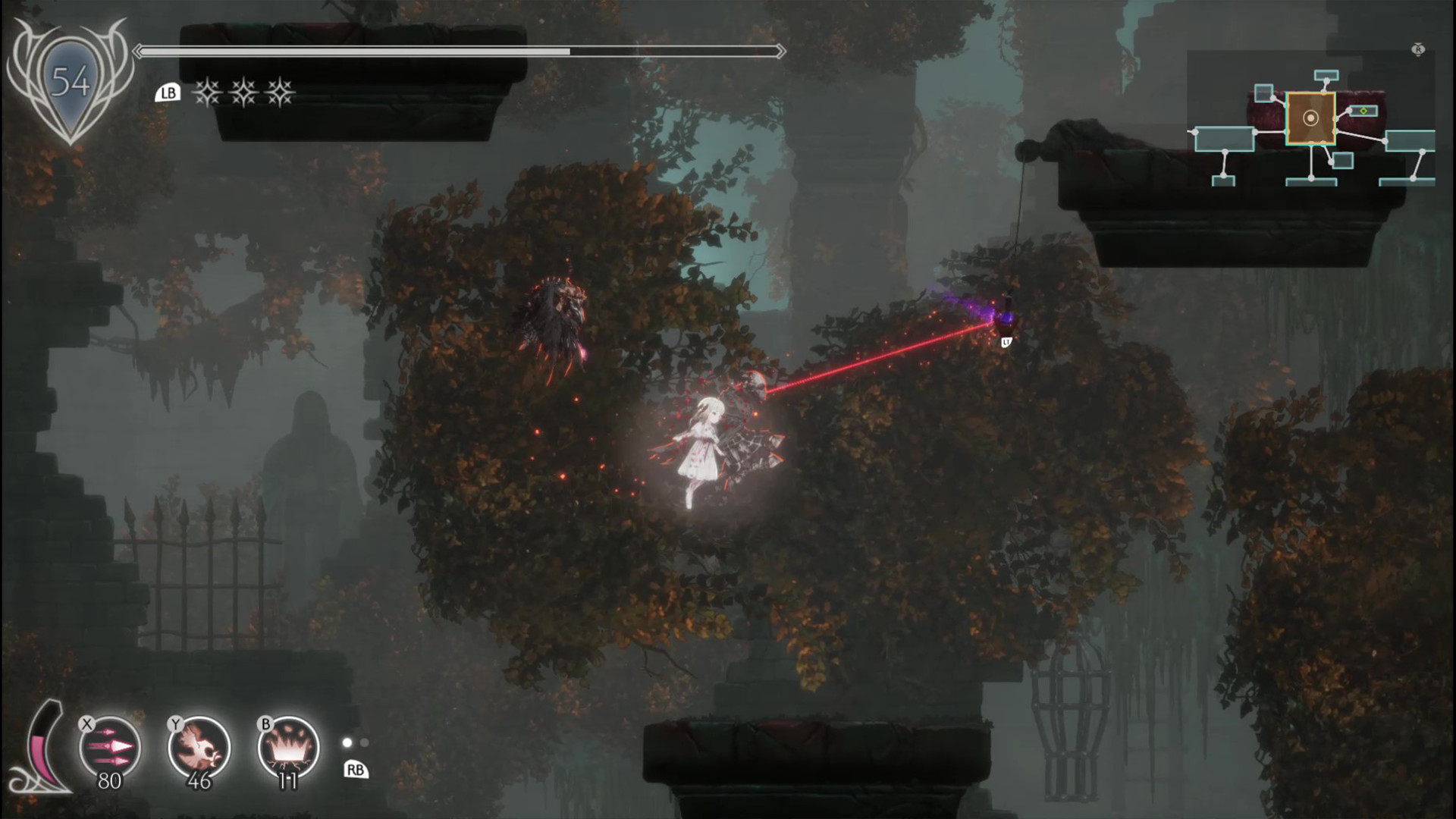
Ender Lilies can be quite challenging. Facing a boss for the first time is very likely to end in defeat until you figure out the right strategy with the right loadout. Each boss generally has 3 stages based on their level of health, which may require you to change your strategy with each phase. Hence why you need to be properly prepared. Even regular enemies can be a challenge now and then, though by levelling up your character and your spirits you’ll likely breeze through areas you had difficulty with before at later points in the game.
The game is surprisingly lengthy, I spent about 30 hours on the game – though I did try to 100% it. And I probably didn’t go about it in the most efficient way possible, considering all the backtracking I did at the earliest opportunity. Completionists will also want to keep on playing to unlock all 3 endings of the game.
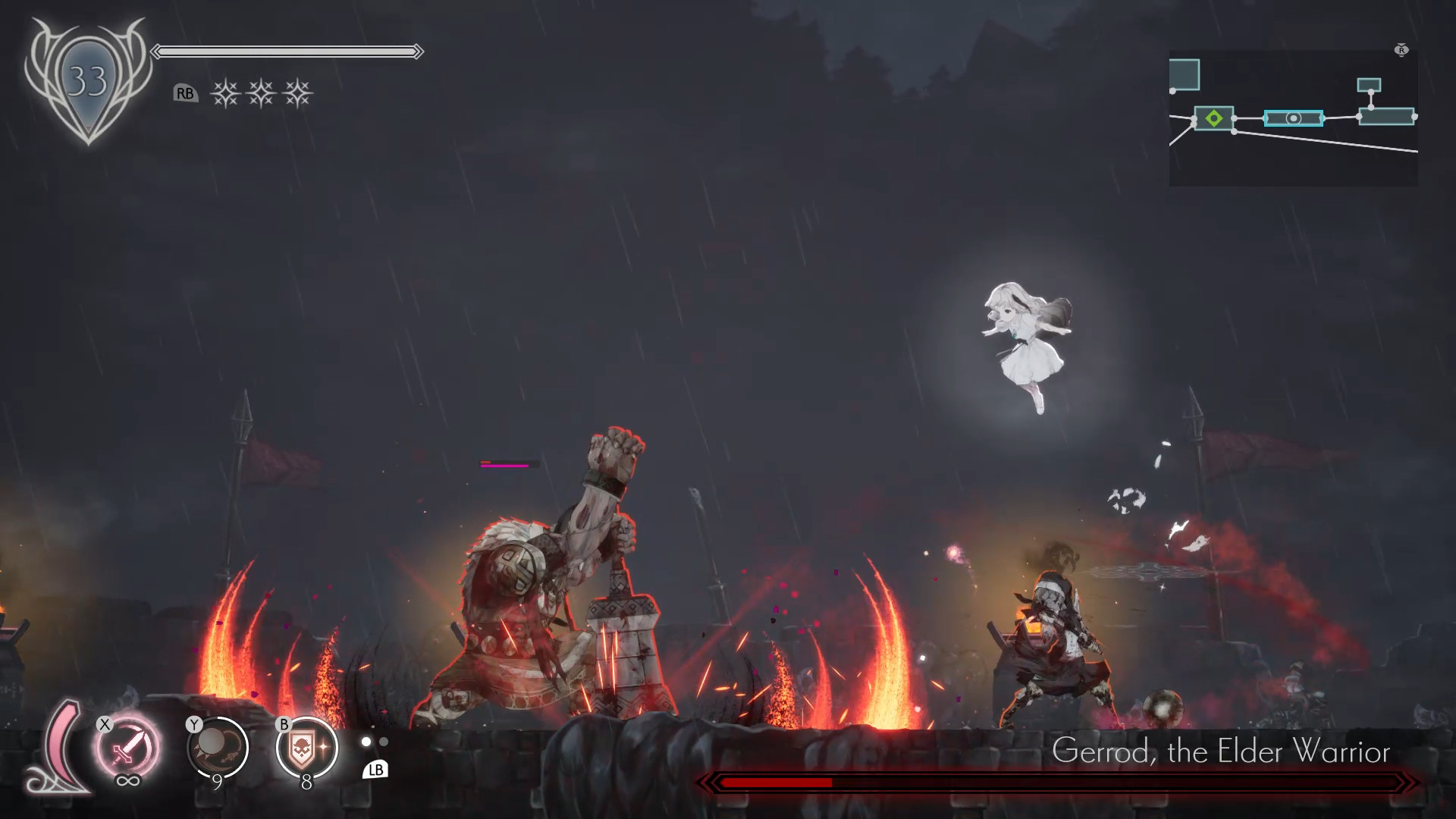
Ender Lilies is a competently made Metroidvania type game – with gorgeous artwork, a sometimes hauntingly beautiful but subdued score and offering some challenging gameplay that rewards planning and being persistent.


